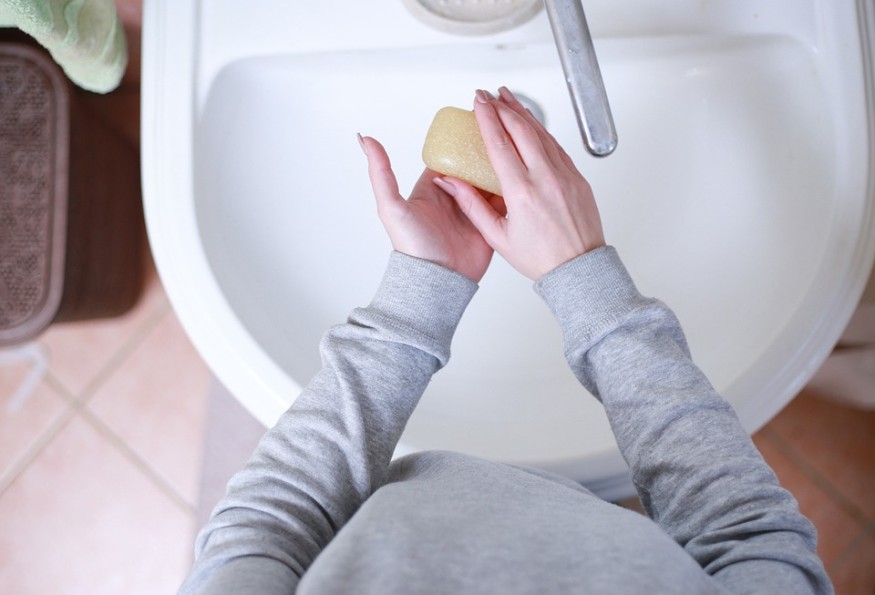
Sales of hand gels have soared and most supermarkets run out of stocks as the public cope with the rapid spread of coronavirus. But is hand gel truly effective in curbing coronavirus? Health experts explained that generally, sanitizers may be effective against bacteria but not viruses. Hand gels may be used when hand washing is not possible, but experts recommend to practice the good, old proper handwashing techniques and avoid touching one's face to protect one's self from coronavirus.
At least 60% of alcohol content is required of sanitizers to kill most viruses, hygiene expert, Public Health England and NHS recommends. Triclosan, another powerful antibacterial agent that is commonly found in soaps and toothpaste has also been a common feature among sanitizers. However, the US Food and Drug Administration banned its use in 2017 because of its detrimental effects on the endocrine system.
Viruses are more resistant to disinfectants than bacteria, Sally Bloomfield, a professor at the London School of Hygiene and Tropical Medicine said. Some sanitizers may potentially be effective against some bacteria but may not be effective on some viruses. Coronavirus, however, has a coating around it, a feature of envelope virus.
Alcohol attacks the coating thereby eliminating the virus. However, the novel coronavirus or now known as COVID-19 is a new illness and little is known exactly how it spreads or the nature of the virus itself. The use of sanitizers in the hopes of protecting one's self from coronavirus may be dangerous and unwise, Bloom cautioned.
Reports from health experts and scientists warn the public that it is likely that the novel virus is spread through cough droplets spread from infectious person to another person, and handling of objects used by an infectious person. To protect one's self from the COVID-19, Bloomfield's advises that the good old practice of proper handwashing with soap and water against the virus.
If it is not possible, hand sanitizers may be used, but one needs to wash hands as soon as one gets an opportunity to do so. She also advises people to be mindful of things that one touches- door handles and bus poles, for example. If washing hands or gel is not possible after being in contact with such things, do not touch your face. A virus needs a living host to reproduce. Bloom further recommends avoiding rubbing eyes, touching the mouth or any wounds with unclean hands.
The American Society for Microbiology still prefers proper handwashing using soap and water than sanitizer gel. The organization emphasized that proper handwashing involves wetting hands with water, lathering it properly on both sides, in between fingers and under the nails, then lathering up both hands one at a time is an effective way of getting rid of dirt and viruses.
Rinsing hand thoroughly under running water for 20 seconds is recommended. Singing happy birthday twice is the time it takes for hands to be properly lathered and rinsed. Drying hands with a disposable towel, then use the towel to turn the tap off before throwing it away was also advised.
Kao Corporation, a chemical company cautions that too much use of hand gel can cause irritation and skin sensitivity as it dries out the skin and removes natural oils. Using hand sanitizers must then just be used in moderation, and only when hand washing is not an option.
© 2025 NatureWorldNews.com All rights reserved. Do not reproduce without permission.





